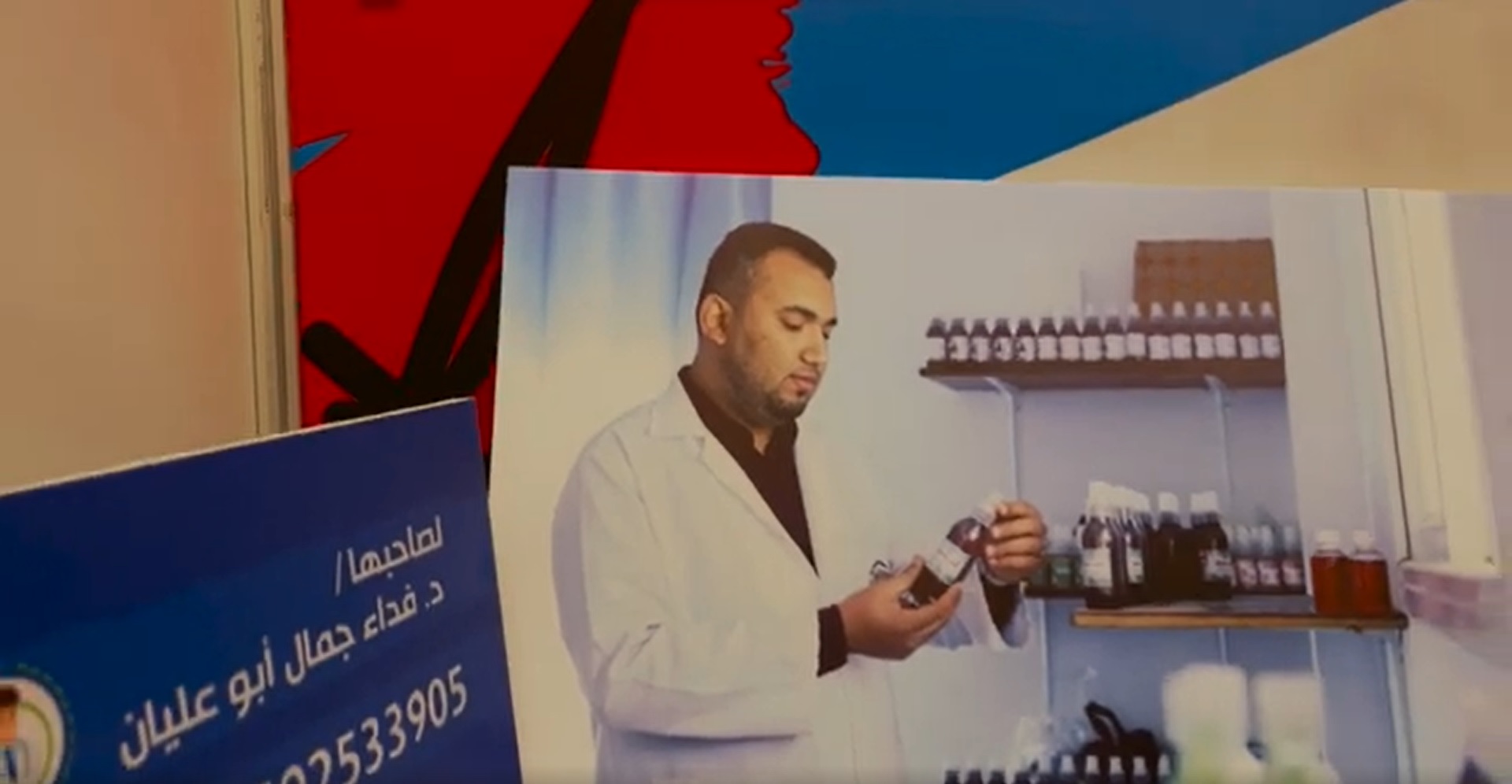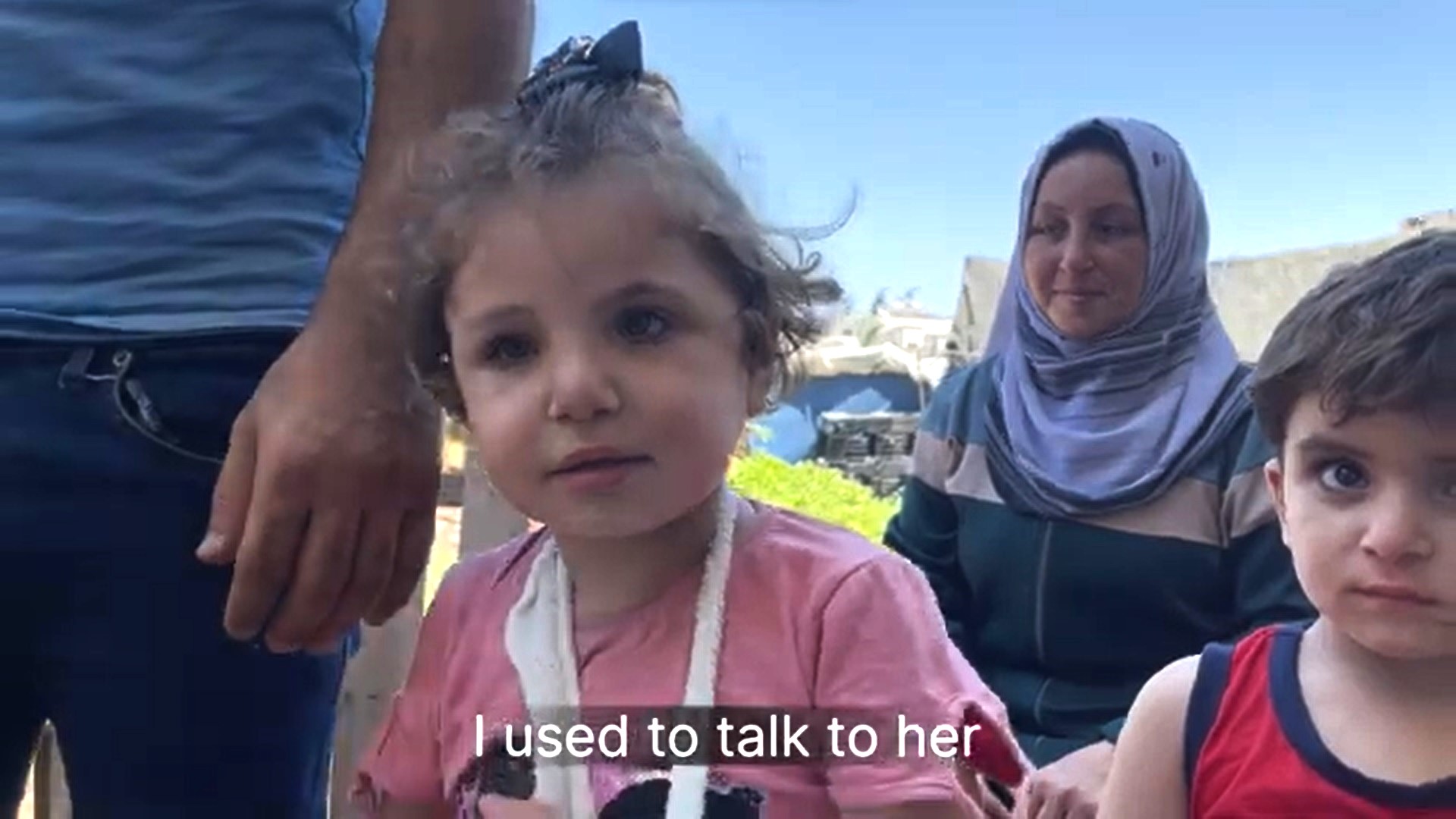“When the war started, all I could think of was my school. I was so afraid that the school would be harmed. Eventually, that’s exactly what happened. My school is on the border, so walking to school can get really scary. A rocket or bomb could hit anytime and anywhere.” — Ali Salem Al Batniji, 16, Gaza
The Importance and Fragility of Education in Palestine
Throughout Gaza and the West Bank, Palestinian children are returning to school for a new academic year. Despite walking through rubble or blistering heat, the kids are excited to learn and be with their friends again. But these children are nervous, too: nervous that their schools could be demolished, nervous that they could be forcibly moved away from their schools, even just nervous that their schools could lose power or internet.
It is the hope that comes with education that drives these students. Many, like Zena Abdelwahed, excel and dream of changing their world. Others, like Aya Ismail—an undergrad at Tufts University in Massachusetts—know the hard work that such success requires and come home to encourage even more young Palestinians to follow in their footsteps.
These students are not just learning how to improve their world, their perseverance through war and poverty can itself be the solution to those very problems.
2021 was a challenging year for everyone. For students in Gaza, the challenge was even more intense as a war erupted and brought frequent disruptions to internet and electricity. Despite this, Zena Abdelwahed achieved a GPA of 99.1.
“Since I was a child, I’ve always loved school. To me, going to school was fun and great. My mother has cultivated the love of reading in me. So it was a hobby. However, the fact that I get high scores do not mean I have to go for the science stream to study medicine or engineer.
“I believe we should go for whatever we’re passionate about, the place where you wish to see yourself in the future.
I found my passion in literature and history subjects. So I went for it. We have to believe in ourselves and not challenge the outer circumstances. For example, as a Tawjihi student, everyone agrees it was the worst year. Being in Gaza with the power shortage and constant internet connection cuts. Also, during the pandemic, we had to wear masks even in the classrooms.
“The worst is the war we had. But when it gets quiet, I would try to concentrate and study as much as I could.
“Many people let these difficulties be an excuse and the war is on top. But no it is not right.
“When we set a goal, nothing in the world can stop us from achieving it.”
Aya Ismail is a Palestinian from Gaza and a computer science undergraduate student at Tufts University in Massachusetts. Coming from a low-income family in Gaza, Aya has made her dream of studying abroad come true with hard work and determination. Palestinian high-school students future is determined by the Tawjihi test. Aya’s high score, and the Bridge program, helped her pursue her dreams. After years of tests, applications, essays and interviews with universities, Aya Ismail got a scholarship to Tufts.
Now she wants to encourage other young women to pursue science and technology studies. Her hard work and persistence allowed her to become the first woman of her family to study abroad. Now, she wants to encourage more women to go into tech.
War is a traumatic experience for all civilians. Children in particular lived through frightening and stressful times during the recent escalation of conflict in Gaza during May 2021. UNICEF launched summer activities for children to help them overcome the trauma and stress, and to provide some diversion from the difficulties of life in Gaza.


